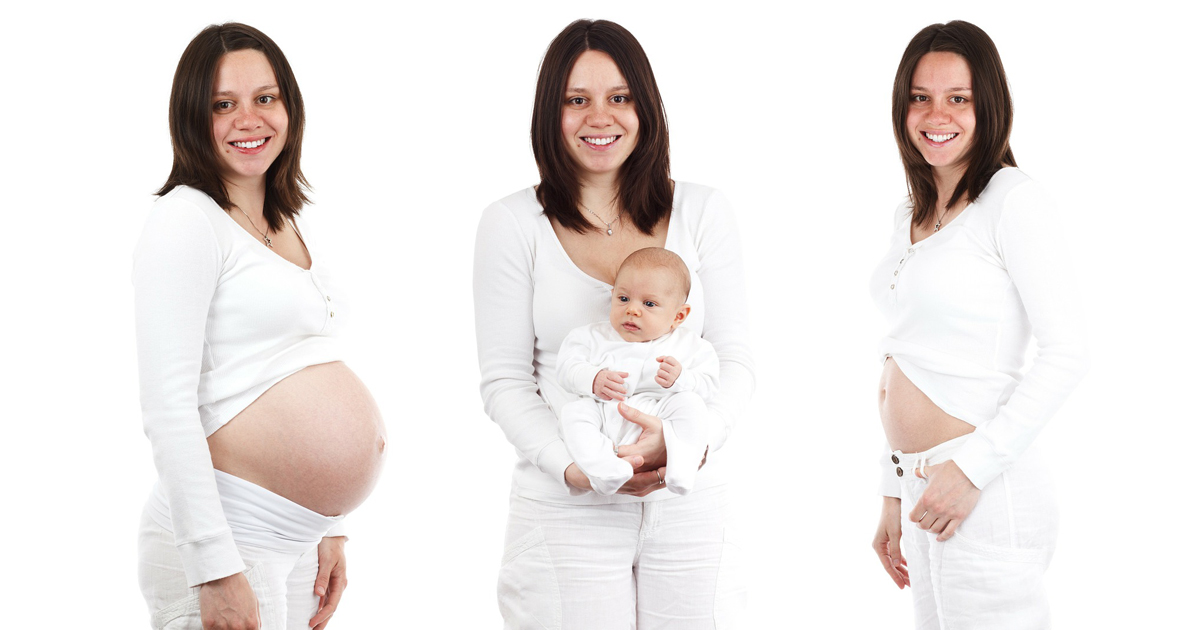A women’s body experiences dramatic changes after childbirth. To keep the baby safe inside itself for nine months, the body has to work hard. During this process, the body loses its power. After delivery, when it starts to get back its strength, many physical, as well as mental changes happen. Some changes are pleasant while some feel hard to endure.
Postpartum Changes in Women:
Lochia
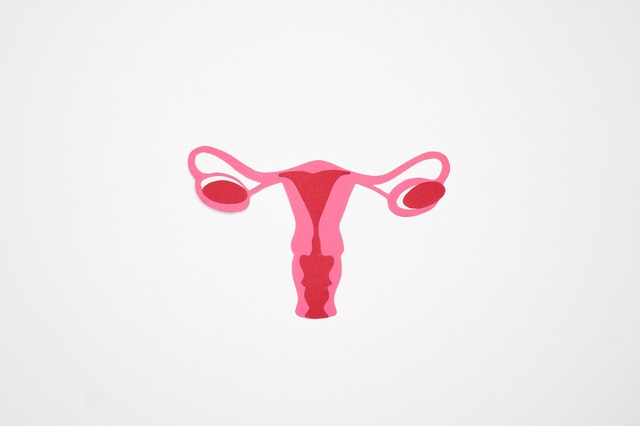
After you deliver your baby, you will encounter a discharge of the leftover blood, mucus, and tissue from your uterus. This is called Lochia. Every mother has to go through this uncomfortable experience, does not matter whether she has been through C-section or normal delivery. The discharge is usually heavy and painful, therefore, taking adequate care of your hygiene is prudent.
Engorged and sagged Breasts
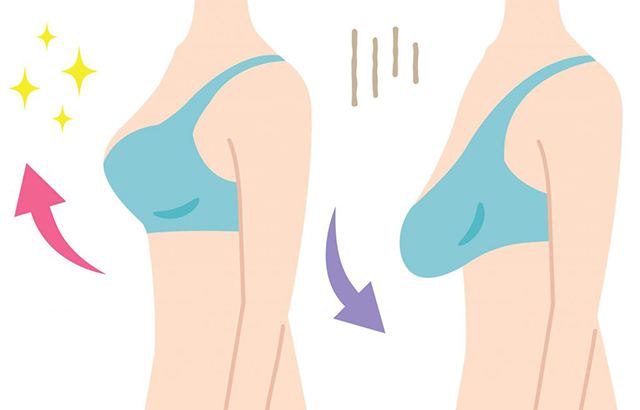
As your body produces food for your newborn, your breast gets flushed and swollen. When you stop breastfeeding your child, your breast starts retaining its actual size which results in sagging. Due to enlargement of the breast area, stretch marks also start to appear. Some newly became mothers also witness milk leakage from the nipples for many weeks.
Stretch Marks
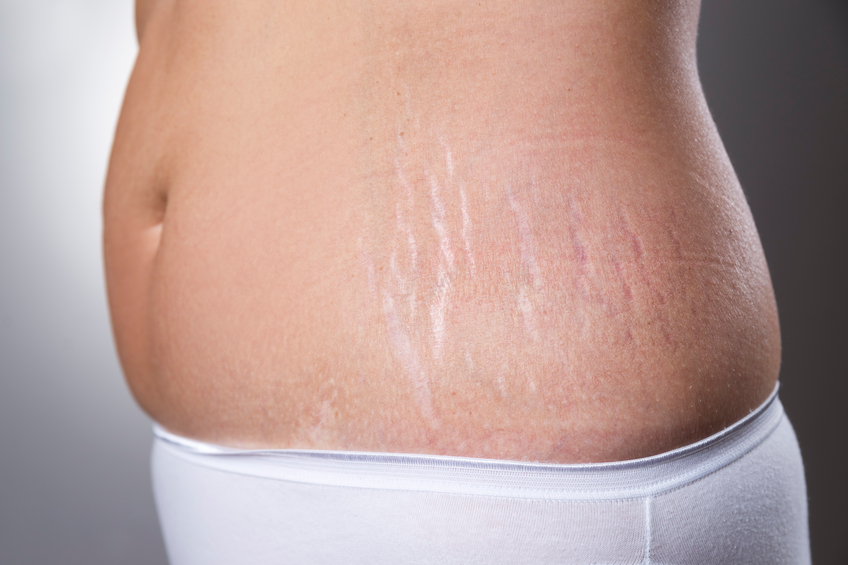
During pregnancy, gaining extra weight is an obvious condition. After the baby’s birth, your body gets scars on the stomach area and hips which usually lightens within a year. To get rid of those marks, some concerned mothers use cosmetics. According to a famous gynecologist, a mother should take doctors’ advice before using any such product during nursing the child.
Weak body
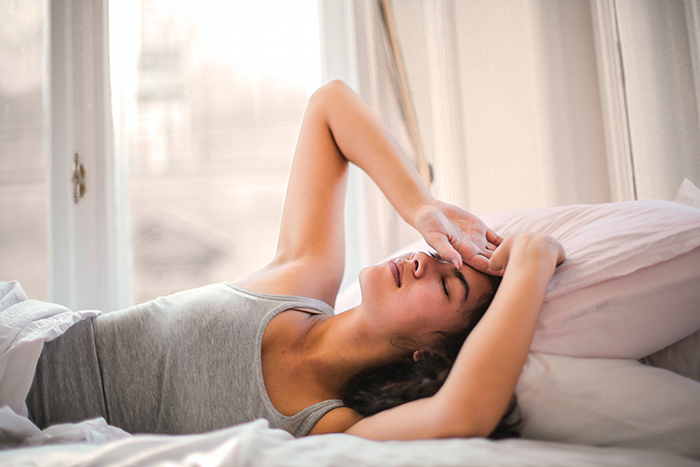
The absence of pregnancy workouts and lack of nutritional food lead to weakness after delivery of the child. Thighs and legs get thicker while the arms, back, and shoulder muscles start soring. Aching shoulders and tired arms are all part of the postpartum body package. Therefore, after few days of childbirth, a woman should indulge herself in mild workouts by taking guidance from the specialist.
Excessive hair shedding
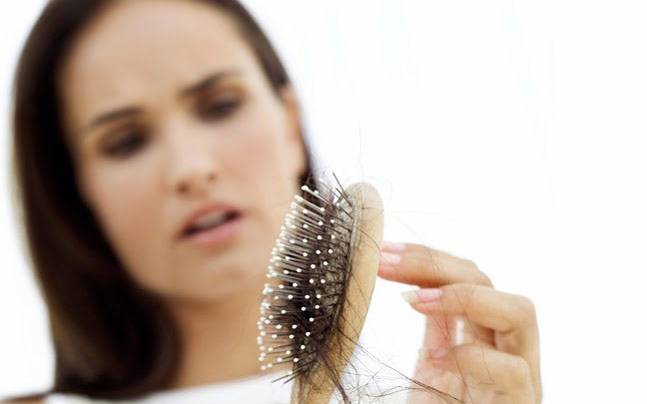
While you are pregnant, you will experience a thickness in your hair which you will cherish. However, after delivering your baby, your hair will show the opposite behavior. Most women face hair loss after giving birth due to the shifts in hormones. This condition is called telogen effluvium.
Postpartum depression

Your hormones can cause anxiety and brain fog. Some women’s thyroid hormone also messes up with their brain. Feelings of hopelessness and panic attacks get common among some newly became mothers. In this situation, women specialists generally recommend waiting for these issues to subside on their own rather than turning to medication.
Uneasiness in the perineal area

The area of skin between the vagina and anus that is called the perineum gets sensitive and causes discomfort to the woman. If the mother had an episiotomy, the chances of her facing this issue are more. To get rid of this discomfort, some women turn towards some products that claim to relieve the soreness. However, without the doctors’ suggestion, a mother should not go for this solution.
Constipation
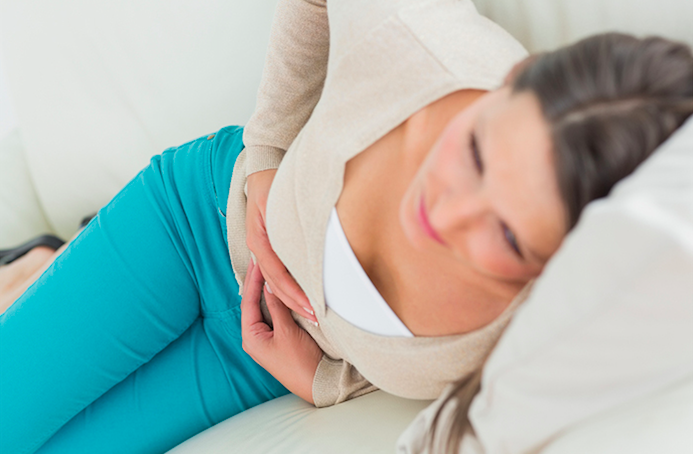
A delay in bowel movement is also one of the many problems that a novice mother has to encounter. This happens due to the dearth of fluids in the body. Instead of turning towards medicines, some natural solutions should be considered such as increasing fruits and vegetables in your diet. Adding whole grains and ten to twelve glasses of water to your diet would produce favorable results. If constipation continues to be a problem, call your healthcare provider.
Belly Bulge
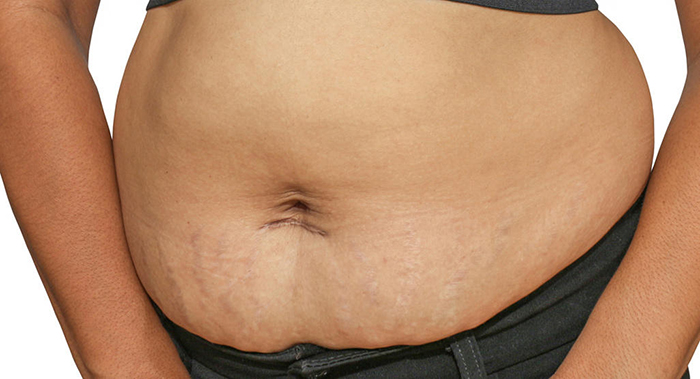
Your belly accommodates a tiny human inside for quite a long time and it is bound to be increased in size. This belly fat does not vanish right after the bay comes out(which is expected by many mothers). It takes around 6-8 weeks to get in its earlier shape.
Swelling
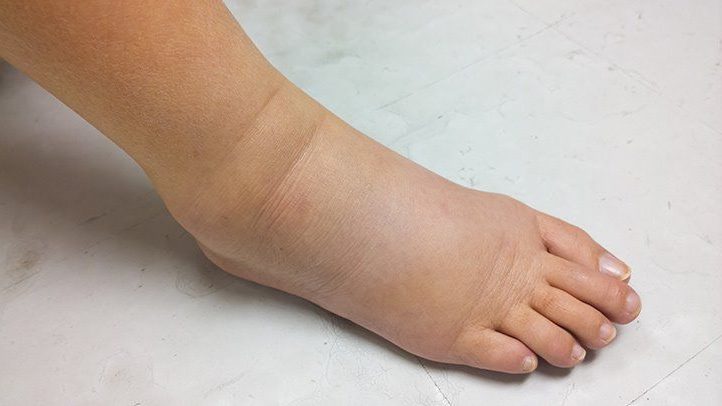
Women also have swelling in their hands, feet, and face during pregnancy. Sometimes it is the result of extra fluids in your body. Swelling takes time to go away. To get relief from this issue, you can lie on your left side while sleeping. You are suggested to wear cool and loose clothes to abate the discomfort. Moreover, if the situation does not improve, contacting a doctor would be a wise choice.
Night Sweats
Your body retains lots of fluid from the pregnancy period. Night sweats in the first days after labor are common. The body’s natural hormones again adjust which leads to sweating during the nights. These sweats are not something to be worried about as, after few days, you may get relief from this.

